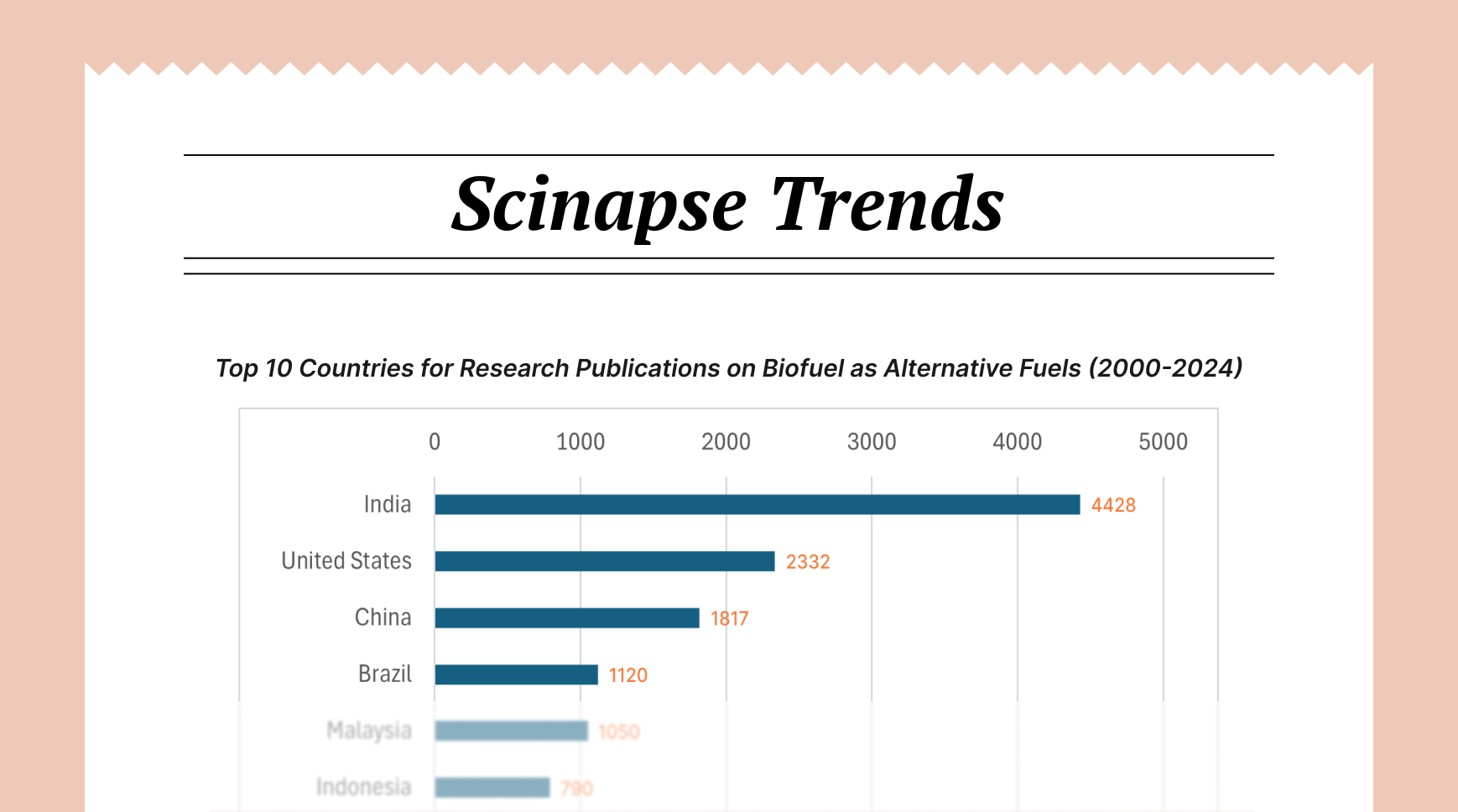Should You Depend on AI for Literature Reviews? Best Practices for Smart Integration

In the age of generative AI and large language models, researchers face a fundamental question: Should you depend on AI for literature reviews? Artificial Intelligence tools promise speed, scale, and surface-level insights, but can they replace the intellectual rigor, critical thinking, and contextual judgment required for a high-quality literature review?
The short answer: AI can be a powerful assistant, but not a replacement. In this article, we’ll examine the strengths and limitations of using AI for literature reviews and offer best practices to integrate these tools intelligently and ethically into your research workflow.
What AI Can (and Can’t) Do for Literature Reviews
Before you decide whether to incorporate AI into your review process, it’s essential to understand what AI does well and where it falls short.
What AI Can Do
- Keyword Expansion and Topic Mapping: AI tools can help you generate relevant search terms, suggest synonyms, and visualize relationships between concepts. This is especially useful during the exploratory phase of your literature review.
- Summarization: Tools like Scinapse or Elicit can quickly summarize abstracts or even entire papers. This can help you sift through a large number of articles rapidly to determine relevance.
- Trend Detection: AI systems can analyze patterns across large datasets—e.g., publication trends over time, frequently cited works, or emerging topics.
- Citation Analysis: Some platforms use AI to identify influential studies, central theories, or landmark publications within a given field.
- Organization and Structuring: AI writing assistants can help you draft outlines, write transitional sentences, or even suggest how to organize your literature review thematically or chronologically.
What AI Can’t Do (Yet)
- Critical Evaluation: AI lacks the domain expertise and judgment required to assess the methodological rigor, theoretical contribution, or limitations of a study.
- Contextual Nuance: Literature reviews are not just summaries—they are interpretive. AI cannot substitute the insight that comes from being immersed in a field, understanding its history, and recognizing gaps or controversies.
- Reliable Comprehensiveness: AI-generated summaries may skip key details or provide hallucinated (fabricated) references. Trusting these without verification is risky.
- Ethical Reasoning and Bias Detection: AI tools may not recognize biased methodologies, underrepresented voices, or ethical red flags in studies unless explicitly trained to do so.
When Should You Use AI in a Literature Review?
The key is to think of AI as an augmentative tool rather than a substitutive one. Here’s a breakdown of scenarios where AI is beneficial:
1. Early-Stage Exploration
When you’re just beginning your research, AI can help:
- Generate topic ideas based on existing keywords or research questions.
- Visualize related concepts through clustering or semantic maps.
- Suggest journals or conferences where similar work has been published.
Recommended Tools:
- Scinapse: For keyword-based discovery and expert mapping.
- Connected Papers: For visualizing related work.
2. Filtering and Skimming Large Volumes
If your keyword search returns hundreds of papers, AI can help by:
- Summarizing abstracts.
- Flagging studies that match your inclusion criteria.
- Highlighting novel contributions or limitations in papers.
Caution: Always read the full paper before including it in your review. AI summaries can miss nuances or overstate conclusions.
3. Organizing and Drafting
AI writing tools can assist in:
- Creating a draft outline.
- Rewriting for clarity or structure.
- Recommending headings or thematic groupings.
Note: Never use AI to generate citations or paraphrase content without verifying the source. Many tools still produce non-existent or misattributed references.
Best Practices for Using AI in Literature Reviews
To benefit from AI while maintaining academic integrity, follow these practices:
1. Combine AI with Manual Research
Use AI to narrow your search, not to finalize it. Cross-verify all summaries and citations. Rely on databases like PubMed, Scopus, or Web of Science for final source selection.
2. Use AI Tools Transparently
If your institution or journal allows AI usage, disclose it in your methodology section. For example:
"AI-assisted tools such as ChatGPT and Elicit were used for initial topic mapping and abstract summarization but all final selections and analyses were conducted manually."
This builds trust and shows thoughtful integration rather than dependence.
3. Avoid Plagiarism and Misattribution
Do not copy AI-generated text without revision. Ensure that all paraphrased or summarized content is accurately cited and reflects the original author’s intent.
4. Critically Evaluate AI Suggestions
AI may recommend outdated, low-quality, or irrelevant studies. Vet each paper for methodological rigor, relevance, and peer-review status.
5. Maintain Intellectual Control
Ultimately, your literature review should reflect your understanding, synthesis, and voice. AI can help you find sources, but the interpretation and argument-building must be yours.
Common Pitfalls to Avoid
1. Over-Reliance on Chatbots
Some researchers rely too heavily on tools to answer research questions. Remember, LLMs are trained on probabilistic text patterns, not peer-reviewed evidence. They’re helpful assistants, not scholars.
2. Fabricated References
LLMs sometimes generate realistic-sounding but non-existent citations. Always verify DOIs, journal names, and publication details from trusted databases.
3. Using AI for Last-Minute Summarizing
Rushed reviews using AI summaries often result in shallow, inaccurate, or overly generic literature reviews. AI should enhance—not shortcut—the research process.
Ethical and Institutional Considerations
Many universities and publishers are still establishing policies around AI in academic writing. As of mid-2025, common themes include:
- Disclosure requirements: Declare if and how AI tools were used.
- Originality standards: Maintain intellectual ownership of ideas.
- Accuracy responsibility: Authors are fully accountable for any inaccuracies, even if caused by AI.
Consult your institution’s research integrity office or journal guidelines for up-to-date rules.
Final Thoughts: Should You Depend on AI for Literature Reviews?
No, you should not depend on AI—but you should strategically use it.
The best literature reviews are built on critical thinking, careful reading, and domain expertise. AI can help streamline and support parts of that process, particularly in early-stage exploration, summarization, and organization. But it should never replace your role as the thinker, analyst, and author.
By using AI responsibly, you can save time and avoid blind spots—without compromising the rigor or originality of your work.
Summary Checklist: Smart Use of AI in Literature Reviews
✅ Use AI to brainstorm keywords and topics
✅ Summarize abstracts, not full papers
✅ Always verify citations and references
✅ Keep your critical analysis front and center
✅ Disclose AI usage transparently
✅ Never delegate judgment or interpretation to AI
Author: Uttkarsha B
- AI-Ethicist and STM Research & Publishing Expert
Never re-search again.
Scinapse is made by researchers for researchers.
Join the next generation of research at ⏯️ https://scinapse.io/
Pluto Labs
Pluto Labs helps researchers focus on their research by improving several inefficiencies in the academic research process. We offer data-driven insights from academic papers, allowing users to easily obtain review-level results for their desired range of papers.
https://pluto.im/





Comments ()